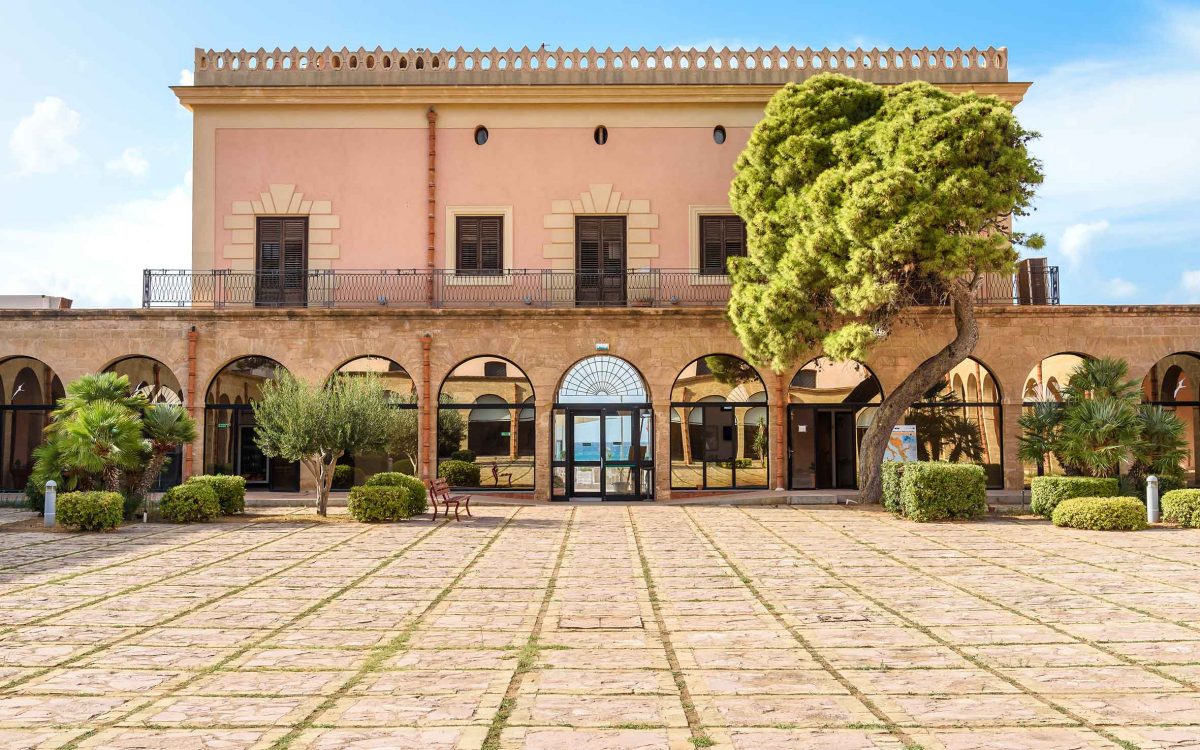Greece on Wednesday lent Italy an ancient statue of the goddess Athena, to be displayed in a Sicilian museum for four years in return for Italy’s long-term loan to the Acropolis Museum of a fragment of the celebrated Parthenon Sculptures.
The late 5th century BC headless marble work was discovered during excavations near the Parthenon Temple, dedicated to Athena, goddess of wisdom, on the Acropolis and belongs to the Acropolis Museum.
Culture Minister Lina Mendoni, who travelled to Palermo’s Antonino Salinas Regional Archaeological Museum for the handover, said the gesture “reciprocates the generosity” of the Italian institution that sent the fragment to Greece last month. Theoretically, it will stay in Athens for a maximum of eight years but the ultimate aim, Italian and Greek officials say, is its “indefinite return” to Athens.
Greece hopes the loan of the small Italian fragment – part of a 160-meter-long frieze that ran around the outer walls of the Parthenon – will boost its campaign for the return from London of the British Museum’s part of the Parthenon Sculptures.
About half the surviving 5th century BC works were removed in the early 19th century by a British diplomat, Lord Elgin, and remain in London despite repeated Greek requests for their repatriation.
Mendoni described the works in London as “the proceeds of theft” by Elgin.
“Greece recognizes no rights of ownership or possession” to the works by the British Museum, she said. “[The deal with Italy] indicates the path that London can follow.”
The London museum says the sculptures were legitimately acquired by Elgin from Turkish authorities when Greece was still under occupation by the Ottoman Empire.
The statue of Athena will be displayed in Italy until 2026, when it will be replaced by an 8th century BC Greek vase, again on loan for four years.
The statue of Athena dates between 420-400 BC and shows the goddess leaning on her now-lost spear. After four years, the statue will be replaced by a geometric pottery vase.
[AP, AMNA]












